Transforming My Software Development Skills at Collab Lab: A Journey of Growth and Learning
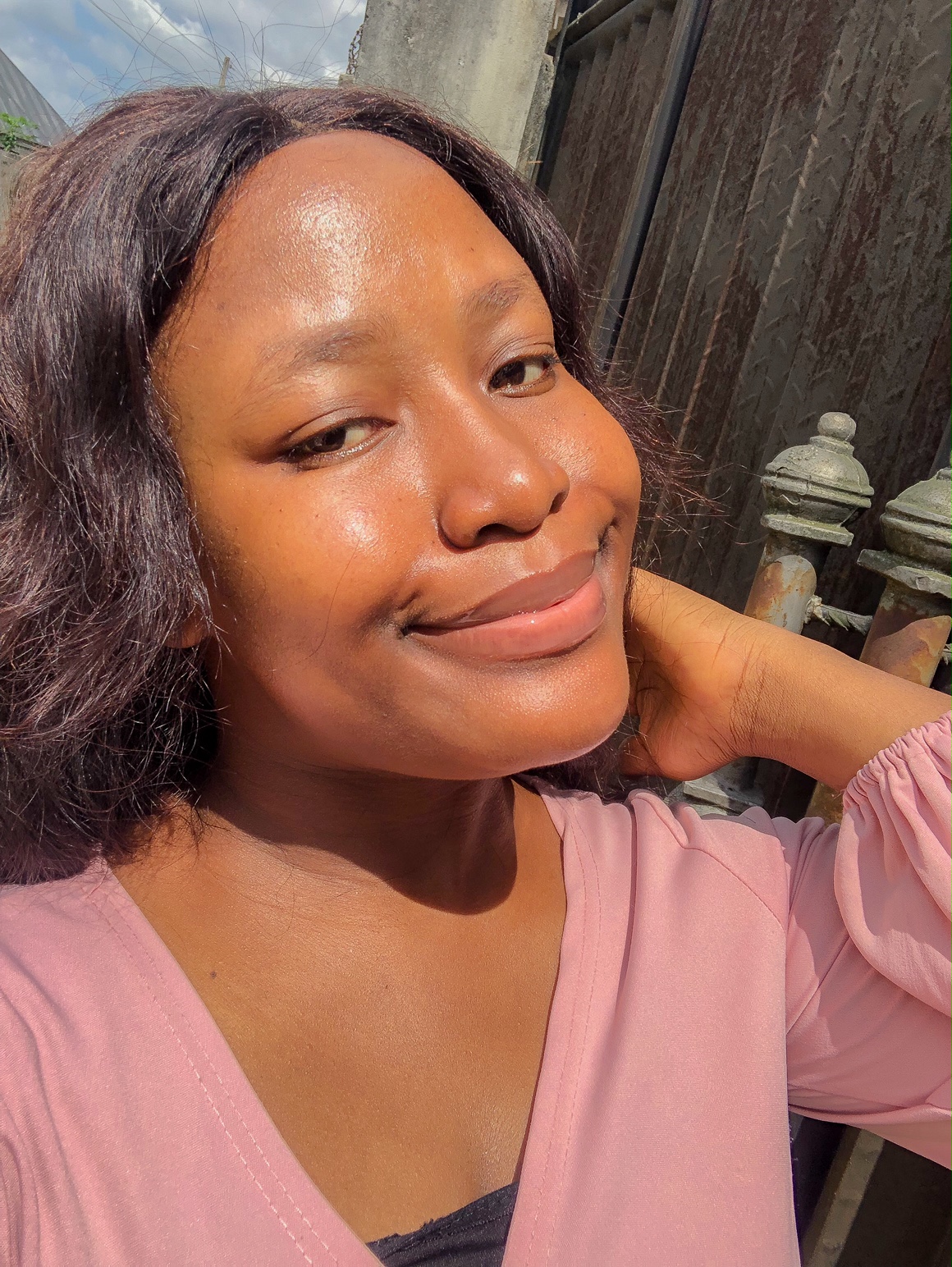 Peace Sandy
Peace Sandy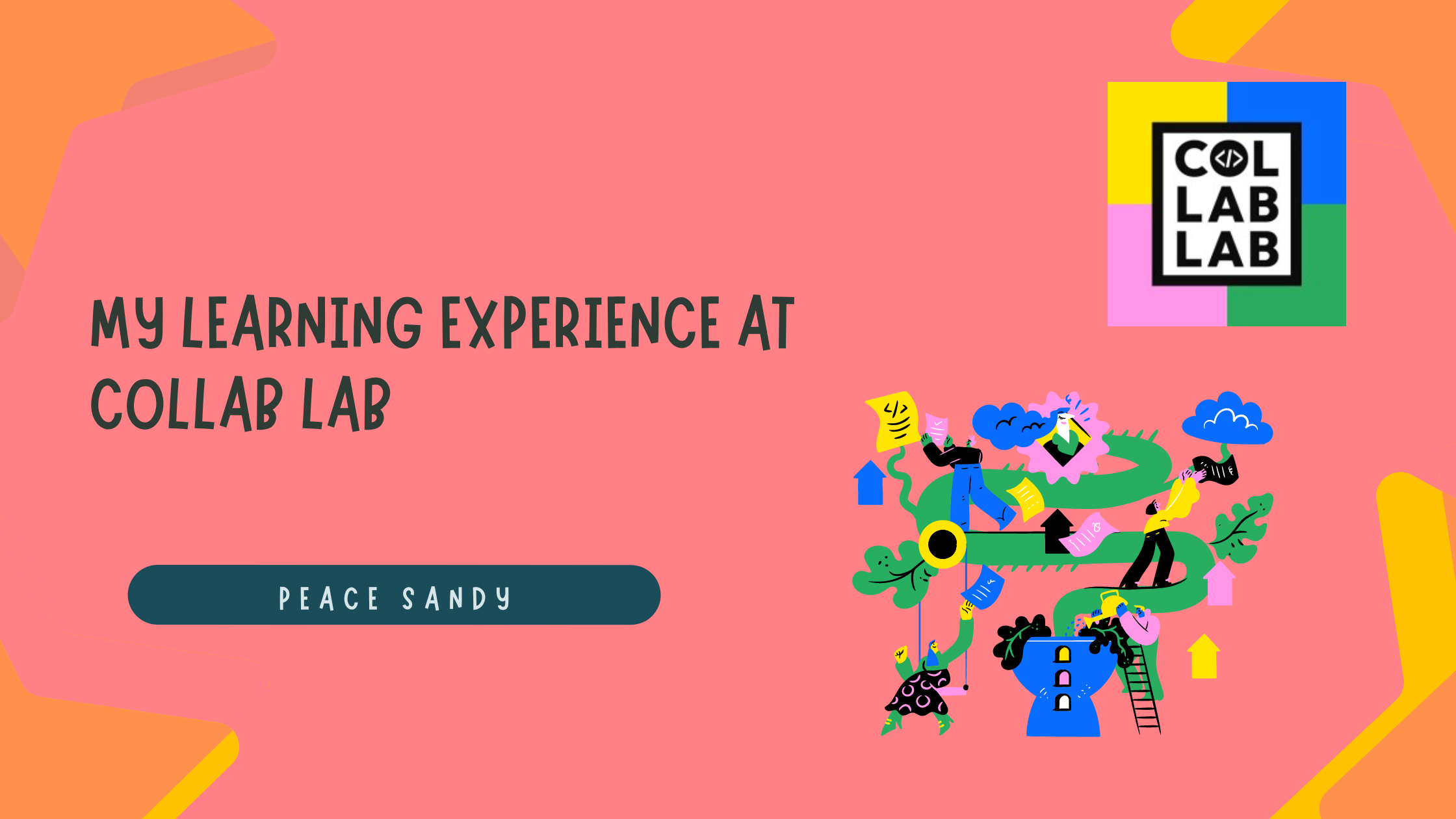
When I started a career in software development, I often wondered what a software developer's typical day would look like. How do they manage their tasks? How do they collaborate on projects? And how are retrospectives conducted?
Trying to find a real team to join, I came across Collab Lab. After quickly browsing their website, I applied for the cohort beginning in the second quarter of 2023.
Acceptance Mail
Yaay! I got the mail. 🎉
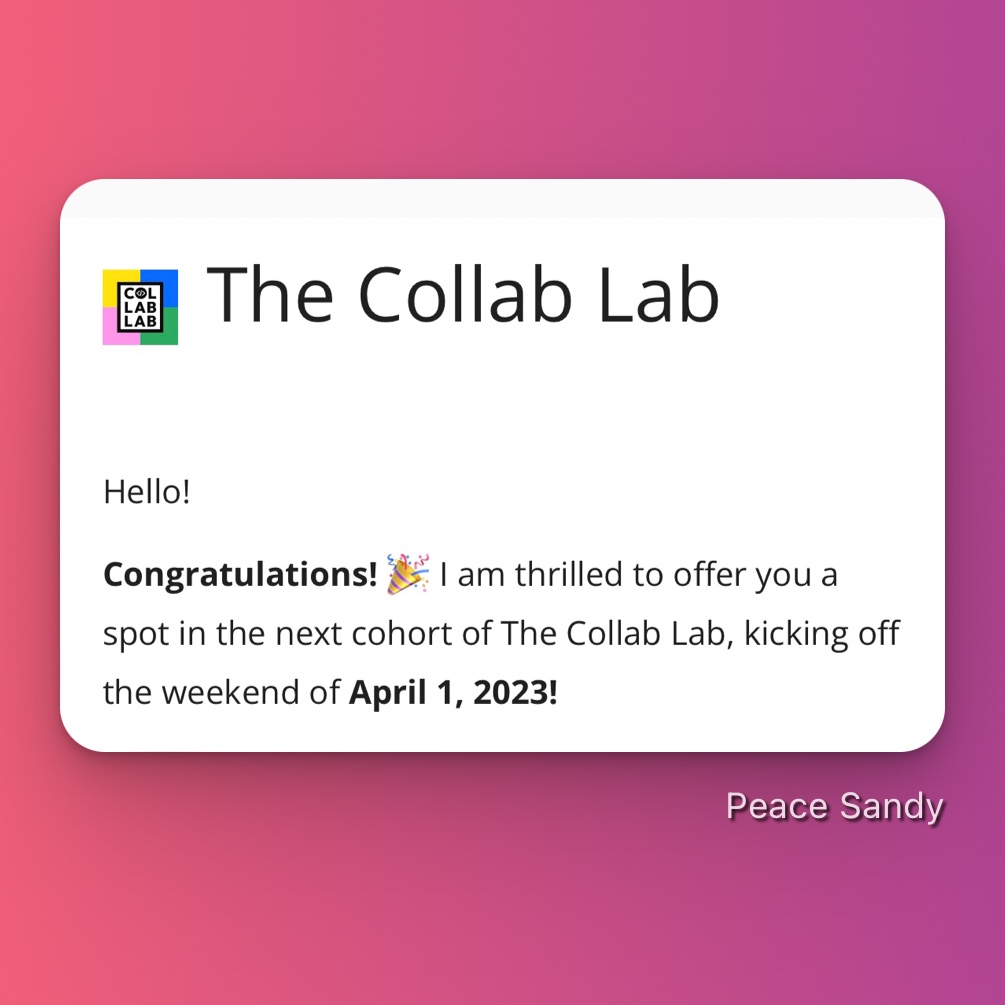
"When I was accepted into Collab Lab, I was thrilled and eager to start the program''.
The collab lab exists to help early-career software engineers gain experience working collaboratively on a software team by working on real-world projects with other early-career developers.
Effective software team collaboration is a crucial skill that every software developer should possess; this is where the collab lab comes into play.
Getting started as a Collabie
I received an email inviting me to join the Slack channel. We were all added to our respective channels and assigned mentors.
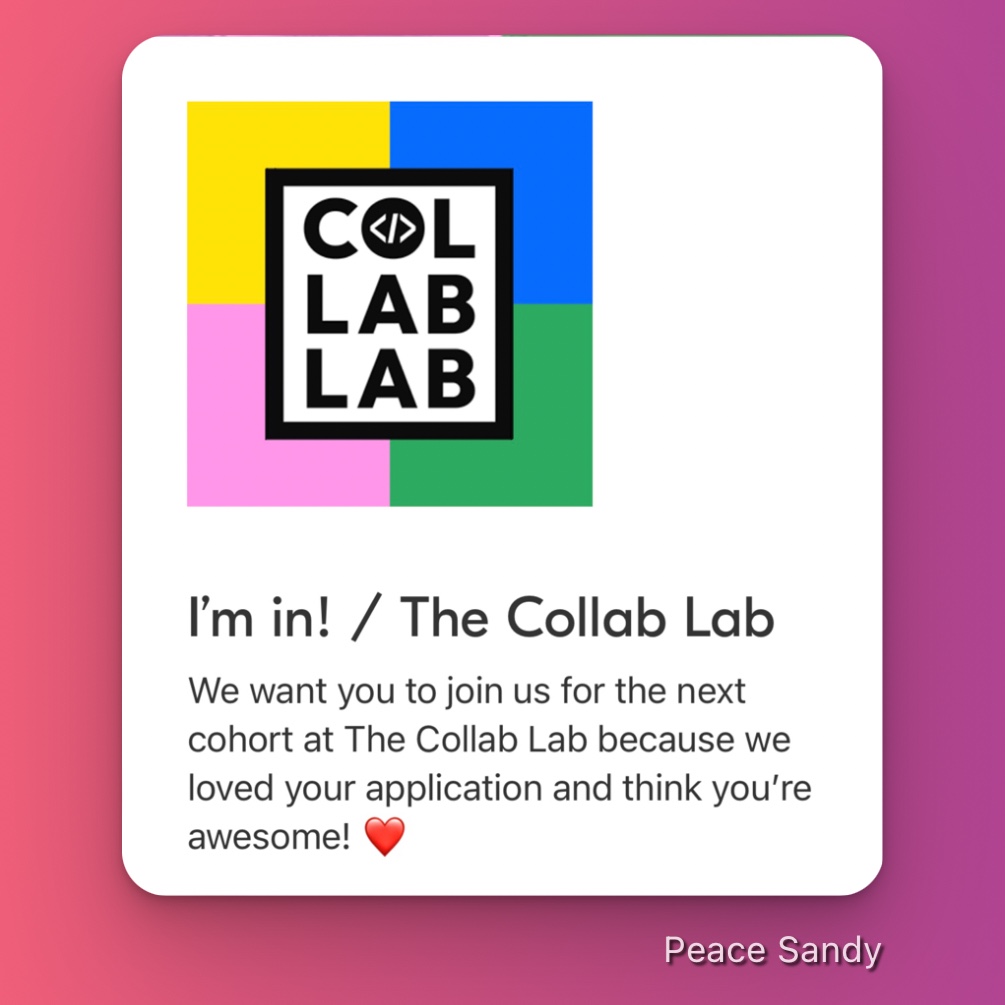
The team and mentors from across the continent participated in an onboarding call to kick off the cohort. I worked with a distributed team of four early-career developers led by two senior engineers.
Pair Programming
Pair programming with my partner for the week took up some of my dedicated weekly hours.
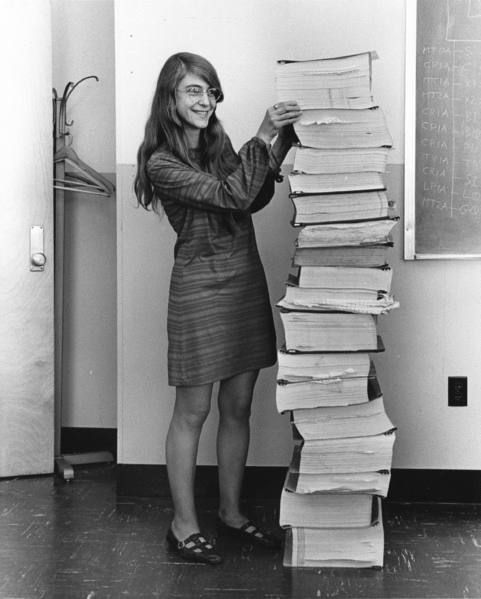
I worked with my team members to create the "Smart Shopping List" app. We were assigned three seasoned mentors to help us with the project from start to finish. Pair programming provides fantastic opportunities to teach or learn from your partner, gain a new perspective on the problems faced, and advance your goals.
Collaboration
Our amazing mentors gave us a run-through of a learning module on Git and GitHub at the start of the cohort, and we were taught how to conduct code reviews. Work was done on feature branches on git. We were taught best practices for naming branches. The development process was relatively easy to navigate.
Coordination and Communication
Most of our team coordination happened on Slack. We usually held a weekly sync where I and my team members met with our mentors to discuss our work and learn together. We went over the issues we will be working on with our partners, demonstrated our tasks, went through a learning module, and completed a retrospective. Every week, we create a draft PR (pull request) for our work, which allows us to discuss it alongside the code. This was a nice way to document our progress, as we were taught how to write excellent PR. The Collab Lab experience helped me improve my Git skills.
Retrospective
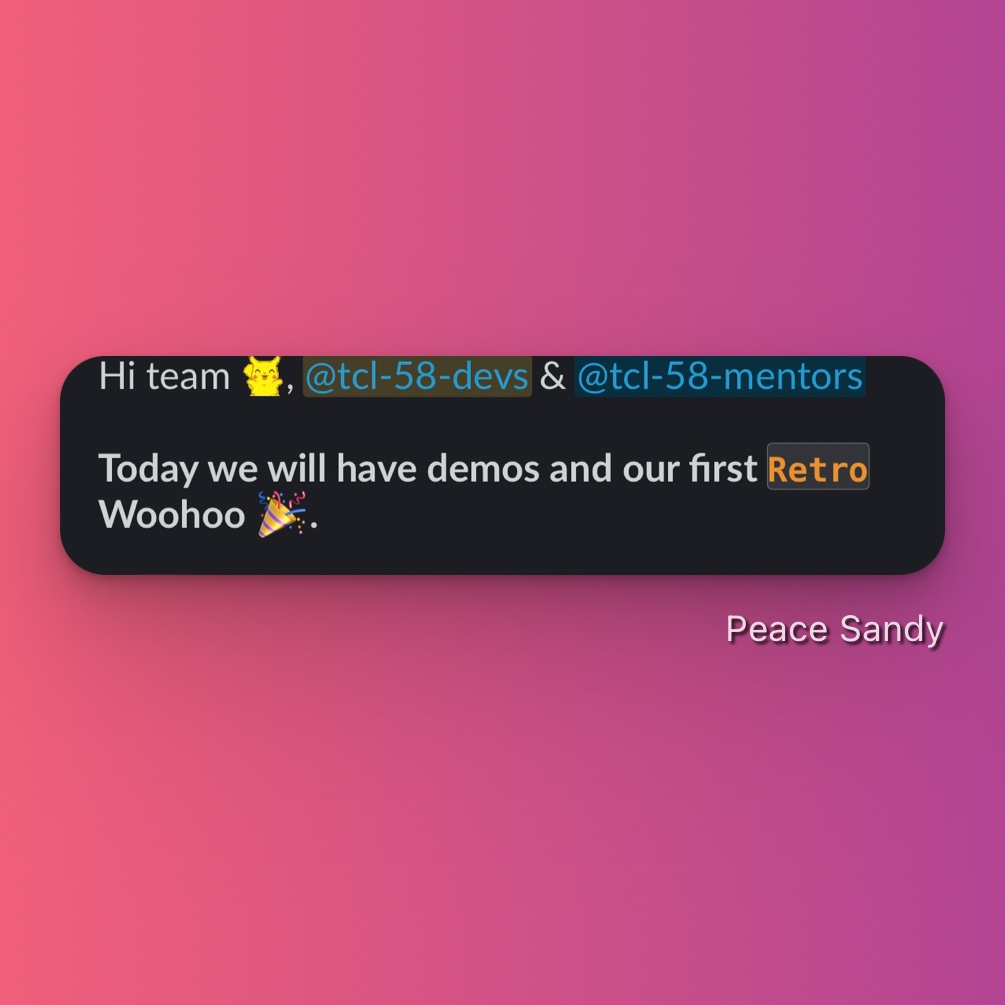
Retrospectives are an excellent way to reflect on what went well and where the team could improve. During the weekly sync, we conducted retrospectives and recorded our thoughts on what went well, what held us back, and what could be improved in the next sprint.
Retrospectives are frequently incorporated into agile or sprint development practices and give the team a chance to participate equally in brainstorming, celebrating accomplishments, and identifying areas for improvement.
For example, a retro board was made with some feedback cards. We spent about 7–10 minutes at each weekly sync, adding a few points to each column, which we then read aloud together.
Coding Skills
Our code was built and deployed to production automatically using Firebase Hosting. This was my first time working with Firebase. We allocated time for researching, code reviewing, and organizing our work. I learned a great deal about ReactJS as well as other technologies. In the 7th week, our app was fully functional; the next step was to add the UI and refactor. After 8 weeks, my team and I built a fully functional smart shopping list.
Career Lab
Career Lab is a two-week optional program that aims to accomplish two main goals:
Get the interview
Do well in the interview
A LinkedIn review and a technical interview were conducted as part of the career lab.
LinkedIn Review
For each phase of the career lab, every Collabie was paired with a mentor. We submitted our LinkedIn profiles, which were reviewed by our mentors. We were assigned pre-work and Q&A sessions to assist us in enhancing our LinkedIn profiles. Our mentors covered various topics related to achieving an outstanding LinkedIn profile.
Mock - interview Job-fit
Job-fit interviews typically happen early in the recruiting process. They are designed to assess whether you have the background and skills needed for the open position. They may also attempt to assess your alignment with the company's values and culture.
Each Collabie was paired with a mentor for a mock job-fit interview. A job description was sent to each Collabie to study and prepare for. The interview lasted for an hour, which included time for Collabies to ask questions about the role and the company, as well as time for the mentor to provide feedback on the content and style of our responses. Our mentors sent us a job description from their own company so that we would know the specific role we were interviewing for. This helped to create a more realistic interview experience.
Technical Mock Interview
Technical interviews are geared towards determining the technical skill level of the applicant. During the technical mock interview, we watched our mentors interview each other. Each Collabie was paired with a mentor for the technical mock interview. Technical interviews can take many forms. Sometimes they are a review of a take-home assignment you'll have completed ahead of time, or they might involve "white-boarding" a technical solution on the spot. These interviews also typically include more general questions about programming and problem-solving.
Wrapping Up
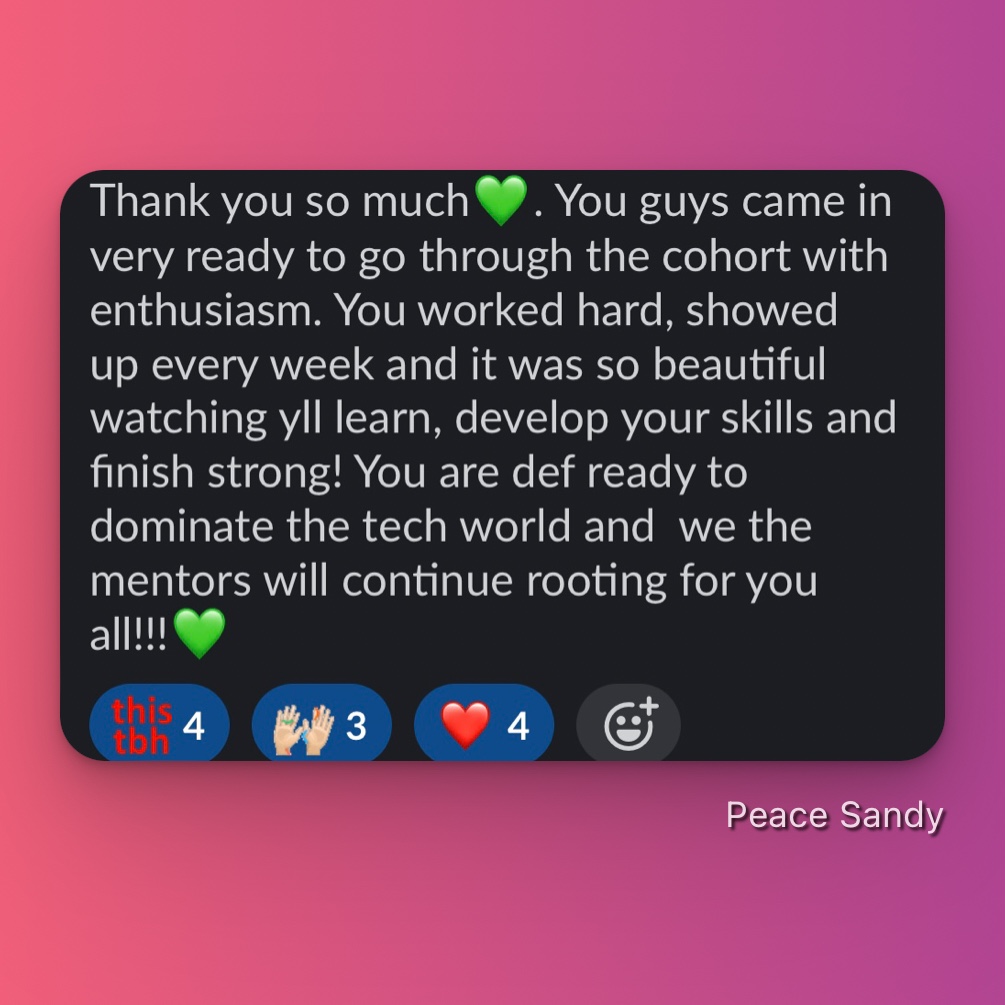
It was an incredible journey with the Collab Lab Q2 2023 cohort.
The experience was incredible, and I am grateful for it. I want to give a big shout-out to my amazing team members and awesome mentors.
Thank you, Collab Lab, for an unforgettable journey. Here's to the next chapter.
Conclusion
I hope you enjoyed this post.
I'd love to connect with you on Twitter LinkedIn GitHub
I'll see you in my next blog post. Take care!
Subscribe to my newsletter
Read articles from Peace Sandy directly inside your inbox. Subscribe to the newsletter, and don't miss out.
Written by

Peace Sandy
Peace Sandy
Technical Writer